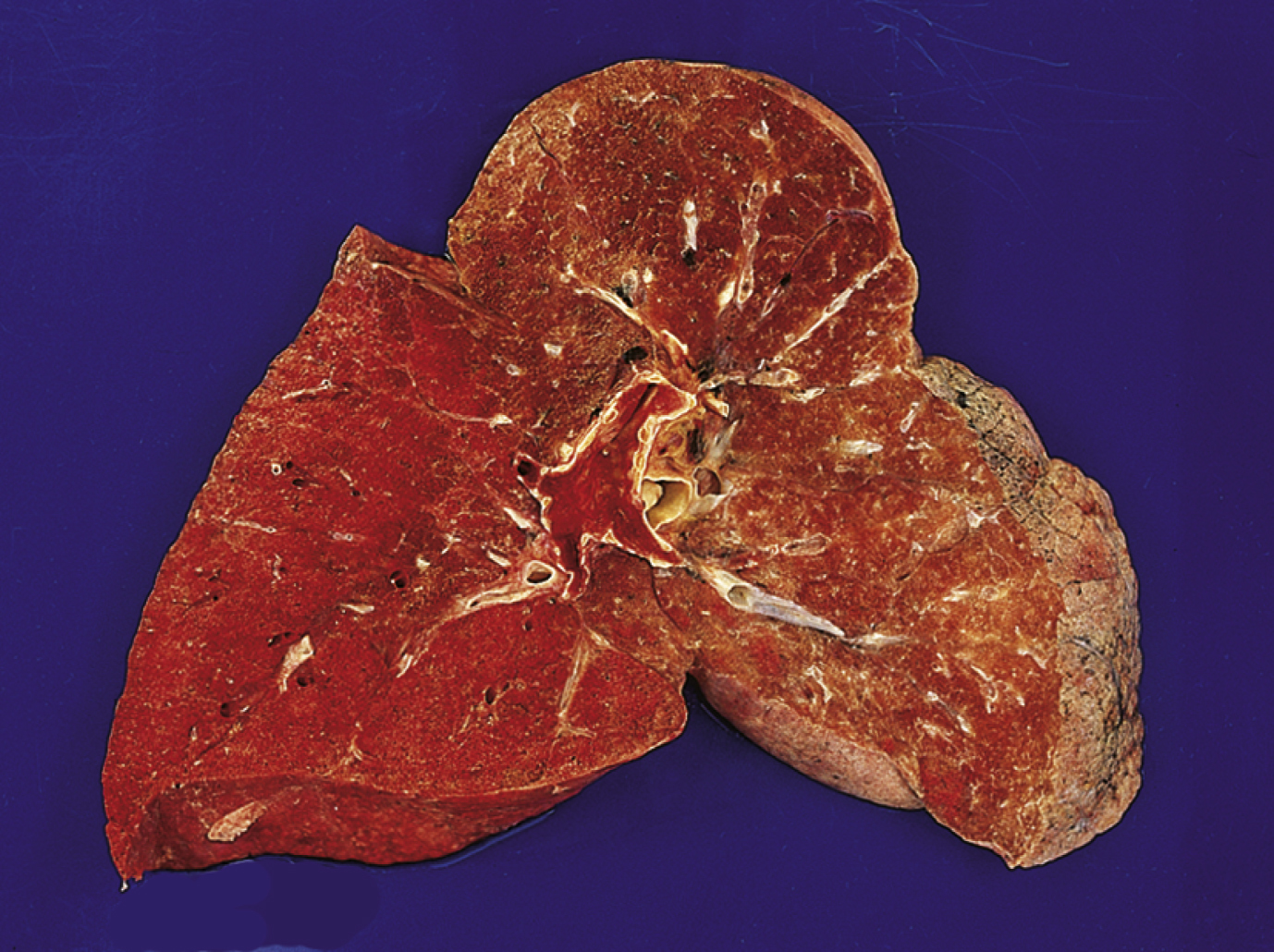lobar pneumonia, a severe infection of one or more of the five major lobes of the lungs that, if untreated, eventually results in consolidation of lung tissue. The disease is characterized by fever, chills, cough, rusty sputum, rapid shallow breathing, cyanosis, nausea, vomiting, and pleurisy. Streptococcus pneumoniae is the usual cause; but Klebsiella pneumoniae, Haemophilus influenzae, and other streptococci can also produce the disease. If the diagnosis is made early, appropriate antibiotic therapy is highly successful. Complications include lung abscess, atelectasis, empyema, pericarditis, and pleural effusion. Precautions against spread of the contagious disease are important. Because the fatality rate in the elderly and those with underlying systemic illness is high, prophylactic polyvalent pneumococcal vaccine is recommended for them. Compare bronchopneumonia.

